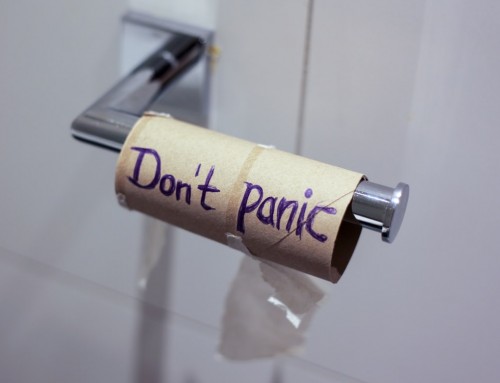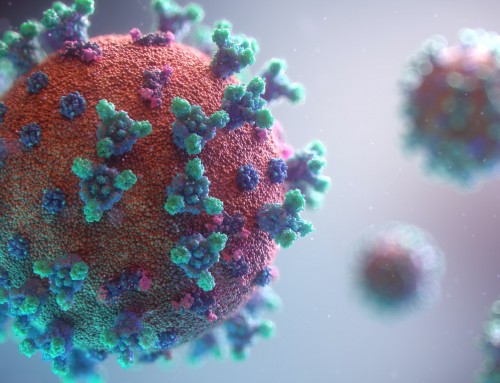Non-stop Noise of the News
Fact is, there is a lot of noise below. Before boarding the plane, when we passengers were lined up in Newark, waiting at Terminal C, Gate C105, multiple televisions were tuned to CNN where just about every headline reported was a negative one. We are inundated with scary news every day, nearly every minute. It is difficult not to be affected.
Negative Bias
Back to my book. As a business owner and musician, I am reading New York Times best-selling author Michael Port's Steal the Show: From Speeches to Job Interviews to Deal-Closing Pitches, How to Guarantee a Standing Ovation for All the Performances in Your Life. It never hurts to sharpen one's skills and learn about how to deliver a more impactful presentation. I was surprised to read the following on pages 67-68:
I won't get too technical, but if you haven't heard about “negativity bias” it's a pretty interesting concept. Experts in neuroscience write about this frequently. Because our brains evolved millions of years ago, when human beings could become a meal for a lion or saber-toothed tiger or be easily overrun by marauding tribes, survival required noticing the faintest signals of danger in our environment. Over the millennia since, we've become wired to scout for danger. As a result, our brains tend to have greater memories, stronger reactions, and more stickiness for the kinds of nos and pushbacks that are common in an office workplace and in business in general.
It continues:
As neuroscientist and author a Rick Hanson has written, “We continually look for negative information, over-react to it, and then quickly store these reactions in brain structure. For example, we learn faster from pain than from pleasure, and negative interactions have more impact on a relationship than positive ones. In effect, our brain is like Velcro for the bad but Teflon for the good.”
Interesting. Remember that the media gets paid by advertisers, and they need people to read their shocking headlines. Media companies are banking on the way that we continually read negative information and over-react to it. It's a vicious circle. People read scary news so the media creates more of it.
The financial news is no exception. Just glancing at Marketnews.com reveals these top headlines:
- Gross warns that a few more rate hikes could tip U.S. economy into recession
- Where to put your money now that the dollar is sinking
- The dark side of cruises: Since 2000, nearly 300 people have gone overboard
It's bad. We're tipping, sinking, and possibly going overboard. The result of today's 24-hour news cycle is that sensationalism and overblown stories reign supreme. Repeatedly consuming overblown news is scary, indeed.
News is Irrelevant
Out of the thousands of new stories that you've seen on TV, heard on the radio, or read over the past 12 months, name one that because you consumed it, helped you make a better decision affecting your life, career, or investment portfolio. For many, consuming news is irrelevant and not productive. Even worse, negative news could potentially scare you into selling a good long-term investment prematurely or frighten you from starting/sticking to an investment program at all.
We live in an age where information is abundant. We are connected and have powerful computing power at our fingertips that enable us to research pricing, find directions, and message our friends. Information is no longer a scarce commodity. Our attention is.
Focus on What's Important
At Runnymede, we focus on the data. Rather than be distracted by the noise of negative headlines, we abide by our research and data points that we've deemed important. In a nutshell, this means analyzing economic data and corporate earnings to guide us in measuring whether we are in a bull market or bear market.
Whether you read our blog to help inform you or pick your own important indicators, try not to react to the news. They say that news can be like a drug. As stories develop we crave to know more. If you want to be lost in the news of fear, then read the news. If you are looking for new solutions, then don't.
We're curious, have you consumed a new story in the past 12 months that helped you make a better decision affecting your life, career, or investment portfolio?
“Headline News” by christopher.woo is licensed under CC BY 2.0






